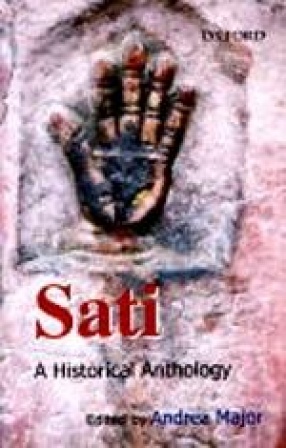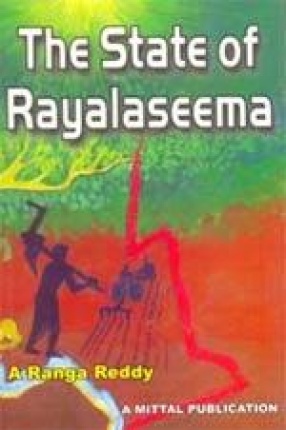Sati, the burning of a Hindu widow on her husband’s funeral pyre, has fascinated Europeans for centuries. For both early modern and eighteenth-century observers, there was as much to admire as to condemn in the rite. Far from being the practice that defined Hindu cultural ‘otherness’, for many, sati resonated strongly with their own patriarchal preconceptions and concerns. Exploring the interconnections between the iconic image and the observers’ own preconceptions, Pious Flames traces the changing nature of western responses to sati over three and a half centuries. It situates such responses in the context of the ongoing domestic debates about women, religion, suicide, insanity, and the treatment of the human body. Major argues that European outrage against sati was not the normative response of a ‘civilized West’ to a ‘Barbaric oriental custom’, but rooted in a historically specific set of social and cultural ideas. She argues that colonial knowledge was based as much on the recognition of similarity between the two cultures as on the assertion of a diametric opposition. This book will be an important reading for historians, sociologists, and anthropologists working on gender, socio-religious reforms, popular culture, and literature as well as those interested in colonial South Asia and European history.
Pious Flames: European Encounters with Sati 1500-1830
In stock
Free & Quick Delivery Worldwide
reviews
Bibliographic information
Title
Pious Flames: European Encounters with Sati 1500-1830
Author
Edition
1st ed.
Publisher
ISBN
0195678184
Length
x+258p., Figures; Notes; Bibliography; Index; 23cm.
Subjects






There are no reviews yet.